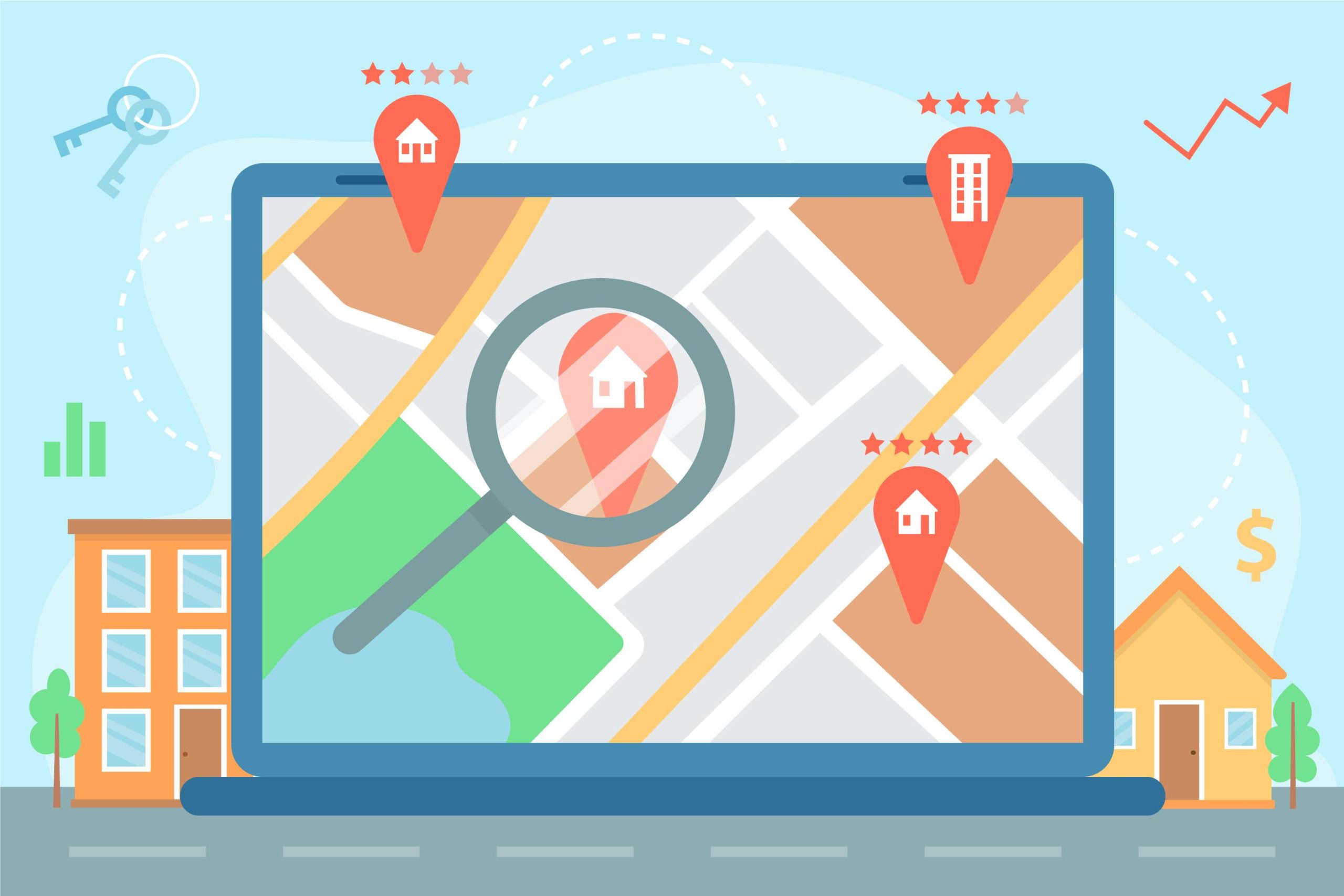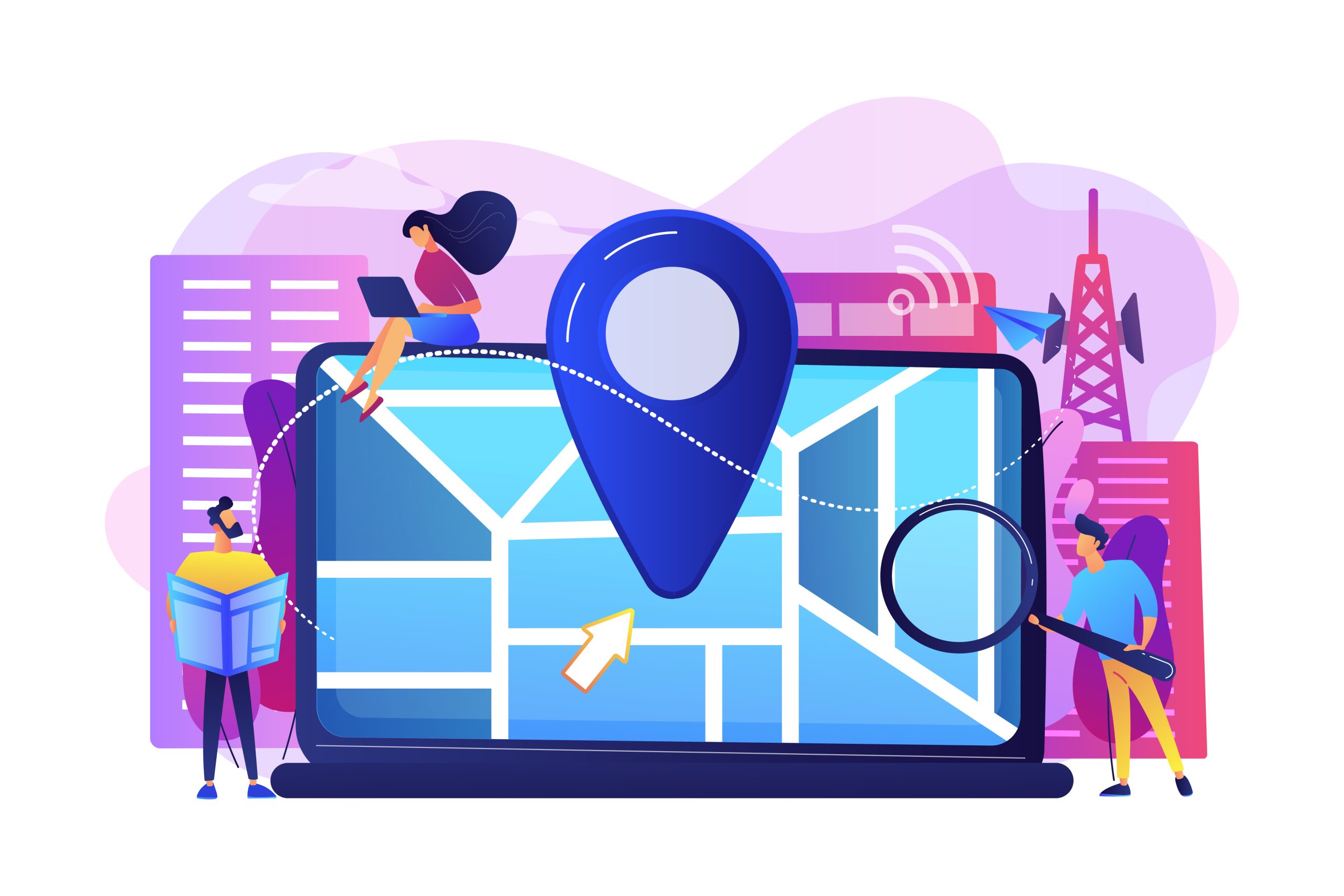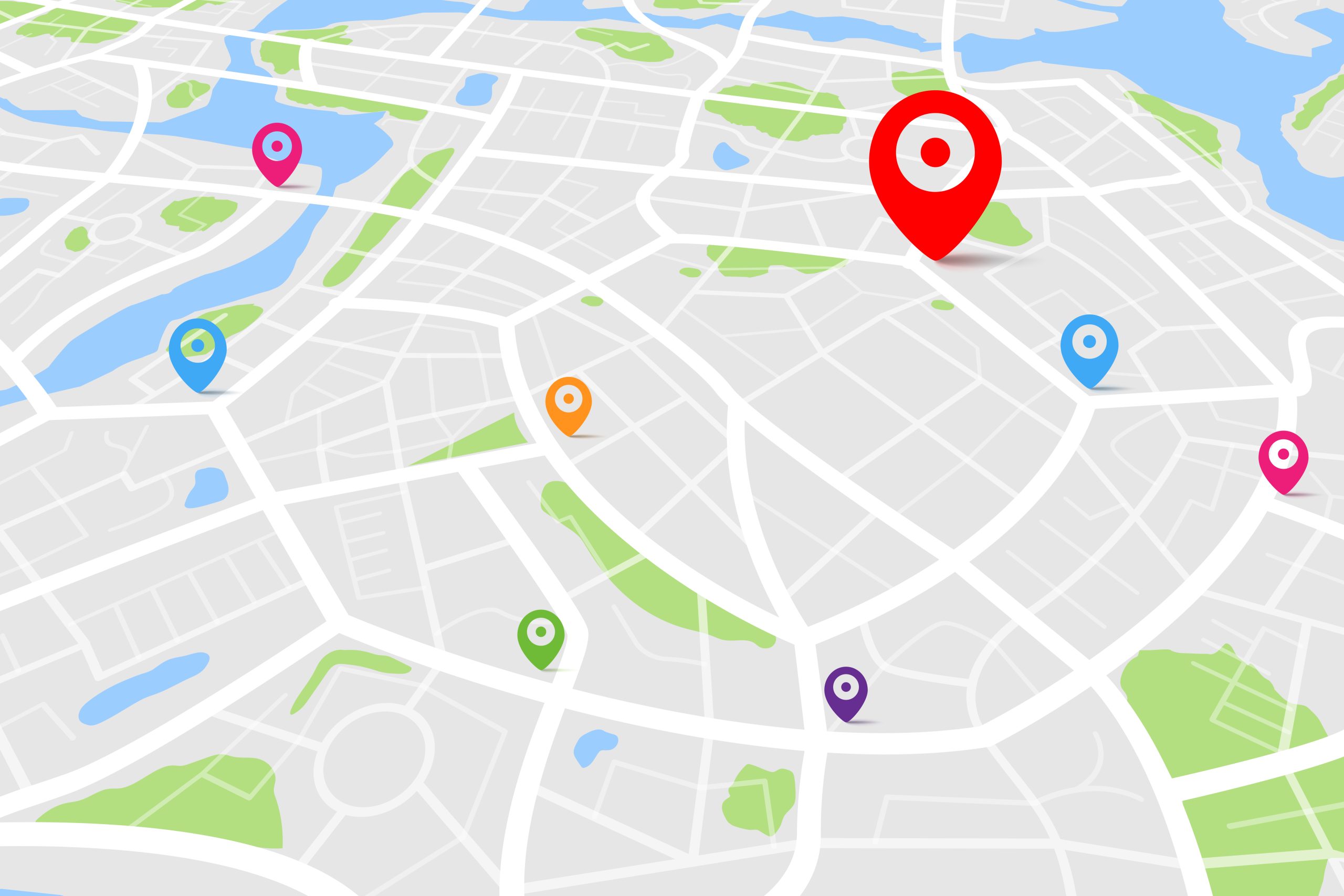
Are you looking to dominate the local search engine results and boost your online visibility? Enter the world of area service pages – a powerful tool in your SEO arsenal. In this master SEO guide, we dive deep into how you can leverage service area pages to skyrocket your rankings in SERPs. We unravel the secrets to mastering local SEO with strategic content creation, optimization techniques, and user-centric strategies! Let’s get started on our journey towards digital domination.
Using area service pages effectively in SEO can significantly improve your website’s visibility for local searches.
Below is an outline on how to utilize area service pages to rank in search engine results:
When it comes to boosting your website’s visibility in local searches, area service pages are a game-changer. These specialized pages can help you target specific locations and attract relevant traffic to your site. By strategically leveraging area service pages, you can make sure that your business stands out in the crowded digital landscape.
Creating optimized area service pages is key to ranking higher in search engine results. From keyword research to content creation and on-page optimization, every step plays a crucial role in enhancing your online presence. By following a structured approach and focusing on user-centric strategies, you can maximize the impact of your area service pages.
So, buckle up as we delve into the world of local SEO and uncover the secrets of utilizing area service pages effectively for unparalleled success in SERPs!
Definition of area service pages
Area service pages are specialized webpages on your site targeting specific locations where you offer services. They play a crucial role in local SEO by helping businesses rank higher in search engine results for their target areas. The purpose of this outline is to guide you on maximizing the potential of area service pages to improve your online visibility and attract more local customers.
By creating unique content tailored to each service area, you can effectively target relevant keywords and enhance your website’s relevance for local searches. Optimizing meta tags with location-specific keywords and providing valuable information about services in different areas can significantly boost your chances of ranking well in SERPs. Additionally, incorporating local landmarks or events can help make your content more personalized and engaging for users looking for services in those specific regions.

Keyword Research
When it comes to optimizing your area service pages for search engines, keyword research plays a crucial role. Start by identifying the most relevant keywords related to your services and the target locations you want to focus on. Think about what potential customers might type into a search engine when looking for businesses like yours in specific areas.
Utilize keyword research tools to delve deeper into search volumes and competition levels for these identified keywords. This data will help you understand which terms are worth targeting based on their popularity and level of competition.
In addition to focusing on broader keywords, consider incorporating long-tail keywords and localized phrases that can attract more targeted traffic. Long-tail keywords often have lower competition levels and higher conversion rates since they cater to more specific search queries.
By strategically selecting a mix of relevant keywords, you can enhance the visibility of your area service pages in local searches, driving valuable organic traffic to your website.
Content Creation
When creating content for your area service pages, it’s crucial to focus on uniqueness and informativeness. Each page should offer valuable information about the services you provide in specific locations. By incorporating localized details like landmarks or events, you can tailor the content to resonate with the local audience.
Make sure to include targeted keywords naturally within the content to improve your SEO efforts. This will help search engines understand the relevance of your page for specific searches related to your services and location.
To engage your target audience effectively, ensure that the content is well-written and captivating. Keeping it relevant and informative will not only help with rankings but also encourage users to explore further or take action on your website.
By developing compelling and localized content for each area service page, you can enhance user experience and boost your chances of ranking higher in SERPs.

On-Page Optimization
When it comes to on-page optimization, details matter. Start by crafting compelling meta tags that include your targeted keywords and location names. These snippets give search engines a snapshot of what your page is about.
Don’t forget the H1 tags; they should highlight your primary keyword and location for emphasis. Think of them as the headline that captures attention both for users and search engines.
Structured data markup from schema.org adds another layer of context, helping search engines understand more about your business and locality. It’s like providing extra information in a language that algorithms can easily interpret.
Optimizing image alt tags with relevant keywords further enhances the visibility of your content in searches, especially for image queries related to your services.
Ensure that URLs are descriptive and rich with targeted keywords. This not only helps users navigate but also signals to search engines what each page is all about.
Internal Linking
Internal linking plays a crucial role in optimizing your area service pages for both user experience and SEO. When it comes to linking to these specific pages, make sure they are easily accessible from other relevant sections of your website. By using descriptive anchor text that includes keywords and location names, you can help search engines understand the context of your content better.
Creating a logical hierarchy and flow with internal linking not only enhances the user experience by guiding visitors through your site but also boosts SEO efforts. It’s essential to prioritize a seamless navigation structure that leads users to explore different areas of interest effortlessly. This practice not only keeps visitors engaged but also signals search engines about the importance of these service pages within your website architecture.
Local Citations and Backlinks
When it comes to boosting your website’s visibility in local searches, claiming and optimizing your Google My Business listing should be a top priority. This free tool from Google allows you to manage how your business appears in search results and on Google Maps.
Submitting your website to local business directories and citation sources is another crucial step in improving your online presence. These listings help validate the credibility of your business and provide valuable backlinks that can boost your SEO efforts.
Seeking opportunities for backlinks from local websites, organizations, and influencers can further enhance your website’s authority within the community. Collaborating with reputable sources can not only drive traffic to your site but also improve its ranking in SERPs.
Monitoring and managing online reviews and testimonials play a vital role in building trust with potential customers. Positive feedback can strengthen your reputation while addressing any negative comments promptly demonstrates excellent customer service.
User Experience Optimization
User experience optimization plays a crucial role in the success of your website. Ensuring that your site is mobile-friendly and loads quickly is essential for engaging visitors on various devices.
Improving site navigation can make it easier for users to find specific area service pages, enhancing their overall experience and encouraging them to explore further.
Including clear calls-to-action strategically placed throughout your website can prompt users to take desired actions, such as contacting you or inquiring about your services.
Providing accurate contact information and location details not only builds trust with potential customers but also helps improve local SEO by reinforcing the relevance of your business in specific areas.

Regular Monitoring and Analysis
Regularly monitoring and analyzing the performance of your area service pages is crucial for maintaining a strong online presence. By tracking keyword rankings and organic traffic, you can gauge the effectiveness of your SEO efforts in reaching your target audience.
Monitoring user engagement metrics like bounce rate, time on page, and conversion rates provides valuable insights into how visitors interact with your content. This data helps identify areas for improvement to enhance the overall user experience.
Analyzing performance data allows you to make informed decisions on adjusting strategies to better align with your goals. By identifying what works and what doesn’t, you can optimize your area service pages for maximum impact.
Staying abreast of changes in search engine algorithms is essential to adapt your SEO tactics accordingly. Being proactive in keeping up-to-date ensures that your website remains visible and competitive in SERPs.
Recap the importance of area service pages in local SEO
Area service pages play a crucial role in local SEO by enhancing your website’s visibility and relevance for target locations. Remember, SEO is an ongoing process that requires continuous monitoring, optimization, and adaptation to keep up with the ever-evolving search engine algorithms. By emphasizing the importance of area service pages, committing to regular analysis of performance metrics, and staying open to experimentation, you can position your website for success in the competitive landscape of search engine rankings. Stay proactive and agile in your approach to SEO to achieve sustainable growth and maximize your online presence effectively.




